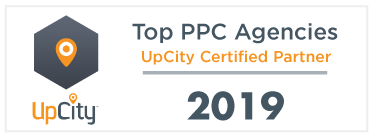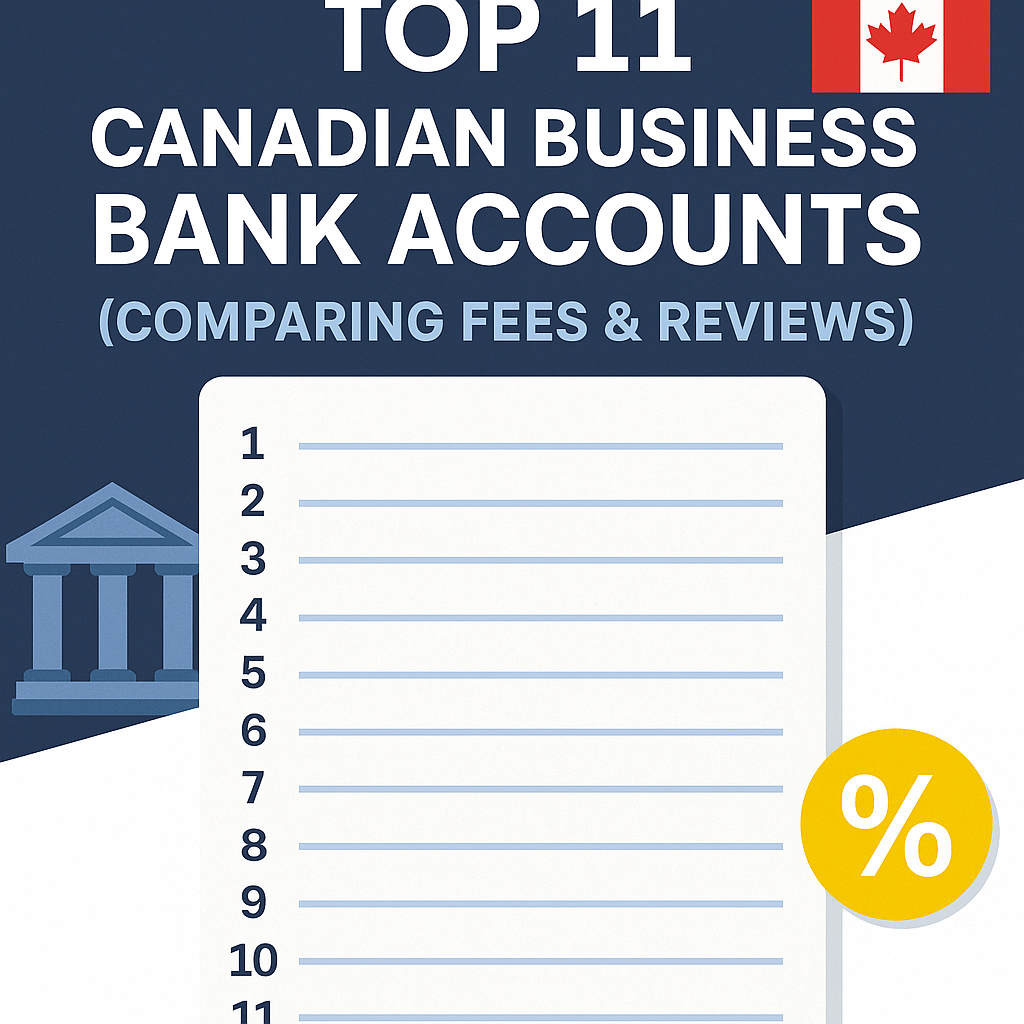GOOGLE ADS MANAGEMENT
ALL SERVICES- GRAPHIC DESIGN & BRANDING
➥ WEBSITE DESIGN TORONTO
➥ TORONTO LOGO DESIGN
➥ BROCHURE GRAPHIC DESIGN
➥ INFOGRAPHIC DESIGN
➥ BUSINESS CARD DESIGN
➥ PACKAGE DESIGN TORONTO
➥ ILLUSTRATION DESIGN
➥ ADVERTISING POSTER DESIGN
➥ BRANDING STRATEGY & SERVICES- ➤ VIEW ALL SERVICES
WEB DEVELOPMENT & SUPPORT
➥ CUSTOM WEB DESIGN TORONTO
➥ ECOMMERCE WEBSITE DESIGN TORONTO
➥ WEBSITE MAINTENANCE SERVICES
➥ SHOPIFY WEBSITE DESIGN
➥ SHOPIFY EXPERTS TORONTO
➥ WORDPRESS DEVELOPMENT
➥ WORDPRESS MAINTENANCE- ➤ VIEW ALL SERVICES
WEBSITE MARKETING & CONTENT
➥ SEO PACKAGES TORONTO
➥ TORONTO SOCIAL MEDIA AGENCY
➥ CONTENT MARKETING TORONTO
➥ PPC MANAGEMENT TORONTO
➥ AFFILIATE MARKETING CANADA
➥ STRATEGIC CONSULTATION- ➤ VIEW ALL SERVICES
ABOUT
RESOURCES- LET’S CHAT
Questions? Call us at
647-348-4995

GOOGLE ADS MANAGEMENT
ALL SERVICES- GRAPHIC DESIGN & BRANDING
➥ WEBSITE DESIGN TORONTO
➥ TORONTO LOGO DESIGN
➥ BROCHURE GRAPHIC DESIGN
➥ INFOGRAPHIC DESIGN
➥ BUSINESS CARD DESIGN
➥ PACKAGE DESIGN TORONTO
➥ ILLUSTRATION DESIGN
➥ ADVERTISING POSTER DESIGN
➥ BRANDING STRATEGY & SERVICES- ➤ VIEW ALL SERVICES
WEB DEVELOPMENT & SUPPORT
➥ CUSTOM WEB DESIGN TORONTO
➥ ECOMMERCE WEBSITE DESIGN TORONTO
➥ WEBSITE MAINTENANCE SERVICES
➥ SHOPIFY WEBSITE DESIGN
➥ SHOPIFY EXPERTS TORONTO
➥ WORDPRESS DEVELOPMENT
➥ WORDPRESS MAINTENANCE- ➤ VIEW ALL SERVICES
WEBSITE MARKETING & CONTENT
➥ SEO PACKAGES TORONTO
➥ TORONTO SOCIAL MEDIA AGENCY
➥ CONTENT MARKETING TORONTO
➥ PPC MANAGEMENT TORONTO
➥ AFFILIATE MARKETING CANADA
➥ STRATEGIC CONSULTATION- ➤ VIEW ALL SERVICES
ABOUT
RESOURCES- LET’S CHAT
Questions? Call us at
647-348-4995

GOOGLE ADS MANAGEMENT
ALL SERVICES- GRAPHIC DESIGN & BRANDING
➥ WEBSITE DESIGN TORONTO
➥ TORONTO LOGO DESIGN
➥ BROCHURE GRAPHIC DESIGN
➥ INFOGRAPHIC DESIGN
➥ BUSINESS CARD DESIGN
➥ PACKAGE DESIGN TORONTO
➥ ILLUSTRATION DESIGN
➥ ADVERTISING POSTER DESIGN
➥ BRANDING STRATEGY & SERVICES- ➤ VIEW ALL SERVICES
WEB DEVELOPMENT & SUPPORT
➥ CUSTOM WEB DESIGN TORONTO
➥ ECOMMERCE WEBSITE DESIGN TORONTO
➥ WEBSITE MAINTENANCE SERVICES
➥ SHOPIFY WEBSITE DESIGN
➥ SHOPIFY EXPERTS TORONTO
➥ WORDPRESS DEVELOPMENT
➥ WORDPRESS MAINTENANCE- ➤ VIEW ALL SERVICES
WEBSITE MARKETING & CONTENT
➥ SEO PACKAGES TORONTO
➥ TORONTO SOCIAL MEDIA AGENCY
➥ CONTENT MARKETING TORONTO
➥ PPC MANAGEMENT TORONTO
➥ AFFILIATE MARKETING CANADA
➥ STRATEGIC CONSULTATION- ➤ VIEW ALL SERVICES
ABOUT
RESOURCES- LET’S CHAT
Questions? Call us at
647-348-4995

GOOGLE ADS MANAGEMENT
ALL SERVICES- GRAPHIC DESIGN & BRANDING
➥ WEBSITE DESIGN TORONTO
➥ TORONTO LOGO DESIGN
➥ BROCHURE GRAPHIC DESIGN
➥ INFOGRAPHIC DESIGN
➥ BUSINESS CARD DESIGN
➥ PACKAGE DESIGN TORONTO
➥ ILLUSTRATION DESIGN
➥ ADVERTISING POSTER DESIGN
➥ BRANDING STRATEGY & SERVICES- ➤ VIEW ALL SERVICES
WEB DEVELOPMENT & SUPPORT
➥ CUSTOM WEB DESIGN TORONTO
➥ ECOMMERCE WEBSITE DESIGN TORONTO
➥ WEBSITE MAINTENANCE SERVICES
➥ SHOPIFY WEBSITE DESIGN
➥ SHOPIFY EXPERTS TORONTO
➥ WORDPRESS DEVELOPMENT
➥ WORDPRESS MAINTENANCE- ➤ VIEW ALL SERVICES
WEBSITE MARKETING & CONTENT
➥ SEO PACKAGES TORONTO
➥ TORONTO SOCIAL MEDIA AGENCY
➥ CONTENT MARKETING TORONTO
➥ PPC MANAGEMENT TORONTO
➥ AFFILIATE MARKETING CANADA
➥ STRATEGIC CONSULTATION- ➤ VIEW ALL SERVICES
ABOUT
RESOURCES- LET’S CHAT
Questions? Call us at
647-348-4995
![]()
![]()
![]()

- July 31, 2020
-
 Amine Rahal
Amine Rahal
Unless your website ranks on the first page of Google’s search results, your website probably isn’t going to be seen. At least not without paying for pay-per-click advertising. If you want a cost-effective solution for bringing new visitors to your site, you’re going to want to prioritize search engine optimization (SEO).
The tricky part is that Google’s PageRank algorithm is constantly changing, which means your SEO plan should change in step. In fact, the latest Google core update came into effect in May 2020 and completely changed the rules when it comes to ranking.
In this article, I’ll share a handful of this year’s top tips and tricks for improving your SEO techniques and crafting a more effective ranking strategy.
- Intent Is King
These days, there’s no ranking factor more important than search intent. This refers to the intention of a user’s search when they type in a keyword or key phrase in Google’s search bar.
For example, the search phrase “How to fix a bicycle tire” will not rank websites that sell bike tires or patch kits—even if those web pages contain that keyword. Instead, Google will favor websites that contain clear, step-by-step guides to fixing a flat tire on a bike. The closer the match between content and intent, the more likely a website will rank.
In the example above, all top-ranking sites on the search engine results page (SERP) perfectly match the searcher’s intent. They’re all guides to fixing bike tires. No commercial pages or eCommerce vendors in sight.
Now, let’s pivot to another example. Let’s check the keyphrase “buy bicycle tire” and see what appears.
In this case, the top ranking pages are all vendors selling bicycle tires. These outcomes, again, closely match the searcher’s intent. If you want your website to rank on the first SERP, matching users’ search intent should be among your first priorities.
- Quality Over Keywords
Gone are the days when you could publish rushed content stuffed with high-density keywords and rank on the first SERP. Today, value-oriented content is a more important ranking factor than keyword density.
To stay competitive for high-traffic keywords, it’s becoming more common to leverage professional content creation services to craft quality, well-researched articles. Hiring knowledgeable writers and content creators who deliver original and valuable information in their content is more likely to land you a top position on a SERP than virtually any other ranking factor.
The key is to provide the answers to the questions that your audience might have. It’s not enough to merely include keywords and provide generic advice. Instead, provide actionable advice and proven solutions that they can use to solve whatever problems they’re experiencing.
For example, ranking the long-tail search phrase “How to fix a flat bicycle tire” won’t be successful unless you provide clear, concrete solutions that match the searcher’s intention to fix their bike tire. For Google’s PageRank algorithm to recognize your content as authoritative, you’re going to want to mention clear step-by-step instructions, ideally with photos or infographics to support them.
- Reputation Matters
These days, your website and company’s reputation matter more than ever. The acronym T-E-A (Trustworthiness, Expertise, and Authority) refers to the holistic reputational profile that Google builds for every website on the internet. If you have a less-than-stellar history of customer service, negative feedback online, or have received a Google penalty, then you can expect your rankability to take a significant hit.
Practicing black hat SEO techniques is one of the fastest ways to have your website’s reputation penalized by Google’s algorithm, such as:
- Using keywords unnaturally or out of context
- Using Private Blog Networks (PBNs) for backlinking
- Not having SSL/HTTPS security certificates
- Republishing old content
- Buying do-follow backlinks or guest posts
To improve your T-E-A score, invest in good customer service, consistent branding, an active online presence, and ensure that your user experience is as frictionless as possible. Respond to negative feedback in a professional and courteous manner.
- Don’t Ignore Your URLs
Although it’s not the most important ranking factor, you should make sure that your URLs are kept short and relevant to your page title. Long URLs containing random strings of characters are less likely to be trusted by users and search engines alike.
To keep your URLs in Google’s good graces, practice proper URL slug structuring and make sure they’re kept within five or six words.
- Title Tags and Meta Descriptions
Title tags are the headlines that appear in Google search results for your website. They give a short 60-character snapshot of what your web page contains. Below the title tag is the meta description, which is cut off at the 160 character mark and provides a longer, more insightful summary of your website.
Make sure that every title tag and meta description is unique and compelling and that they accurately represent the content on the page. If your tags are misleading, you might receive a Google penalty as a result.
Putting It All Together
There are very few, if any, secrets to SEO success. To stay ahead of the competition and consistently rank for high-traffic search phrases, it’s best to remember that Google is constantly altering PageRank to make the internet a better place for the average user. They aren’t in the business of optimizing their algorithm for bots.
In the years ahead, Google will place a greater emphasis on the quality and value of content. Likewise, in the future, only content that perfectly matches a user’s search intent will rank. This is all part of Google’s effort to improve the user experience of the internet.
Following May 2020’s Google core update, it’s important that you revamp your SEO plan to stay competitive. Fortunately, you don’t have to work overtime to do it. Instead, hire professional SEO services to rank your website and keep your content visible to new audiences in the years ahead.

Tech Entrepreneur, Author, and CEO of Little Dragon Media. Passionate about entrepreneurship, philanthropy, digital marketing, blockchain, finance, investing, health fitness & nonprofits.
RECENT POSTS
- Top 11 Canadian Business Bank Accounts (Comparing Fees & Reviews)
- PolicyMe – Legit Canadian Insurance Policy? Let’s Review…
- 10 Small Business Loans & Financing Options in Ontario
- Top 8 Small Business Insurance Providers in Canada (2025)
- SCAM ALERT: How a Fake Google Ads Inquiry Nearly Got Us (And How to Protect Yourself)

Ready to chat about how Little Dragon Media can enhance your business?
Call us now at 647-348-4995 or

OUR AWARDS & CERTIFICATIONS






WHAT OUR CLIENTS ARE SAYING



Little Dragon Media's professionalism and commitment to delivering excellence are truly commendable. I highly recommend their services... Thank you for your stellar work!
- Delna Bharucha

Little Dragon Media worked on developing our logo and website. They did an absolutely AMAZING job on both projects. These guys ROCK and you won't be disappointed.
- Sonia Nutt

My team had a great experience working with Little Dragon Media. We will certainly engage with Little Dragon Media for any additional projects in the future. Highly recommend!
- Carly Rooney



- 682A St-Clair West Toronto, ON M6C 1B1
- (647)-348-4995
- info@littledragon.ca
MOST POPULAR SERVICES
RECENT POSTS
GET MORE CLIENTS
Don't let your competitors take over. We'll help you climb to the top and get more clients.



- 682A St-Clair West Toronto, ON M6C1B1
- (647)-348-4995
- info@littledragon.ca
MOST POPULAR SERVICES
RECENT POSTS
GET MORE CLIENTS
Don't let your competitors take over. We'll help you climb to the top and get more clients.

Contact | Press Mentions | Privacy Policy | Terms of Service
© 2024 Little Dragon Media. All Rights Reserved.






